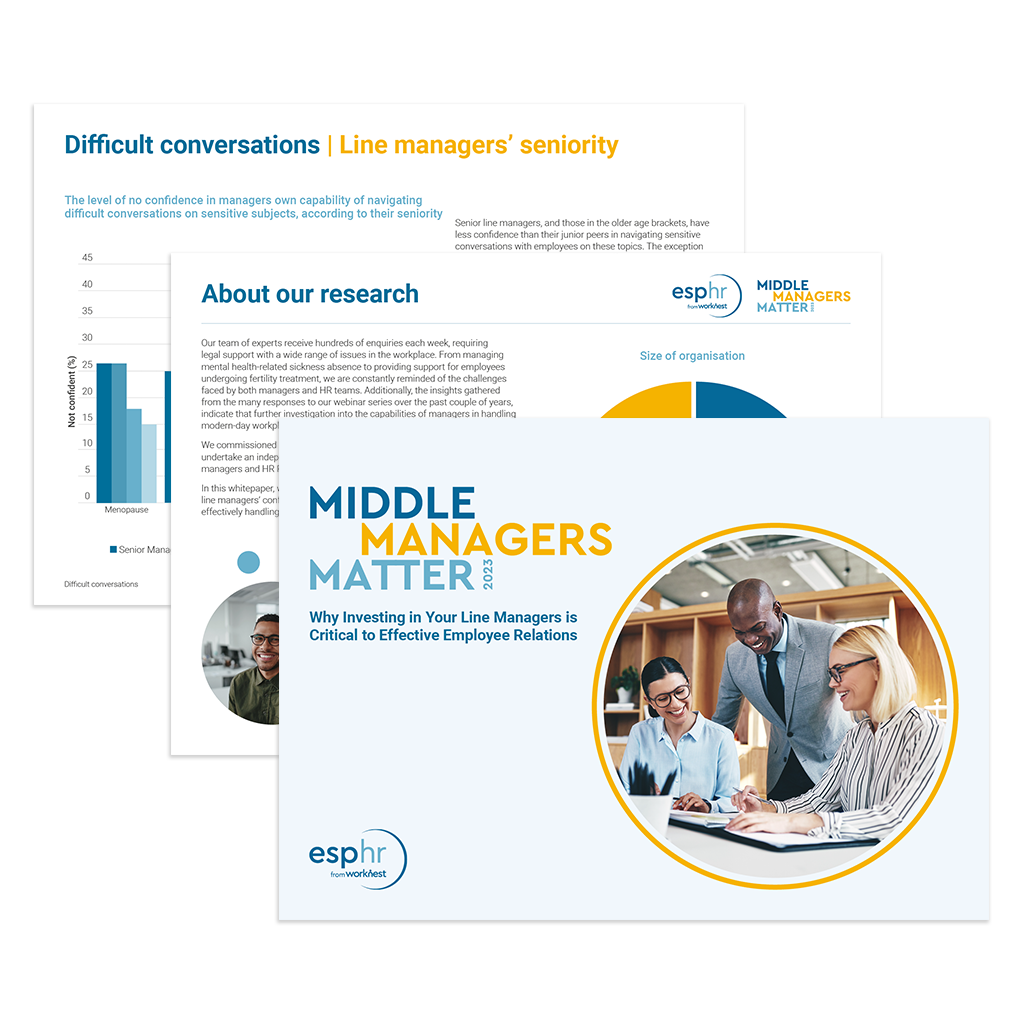Tis the season for festive cheer, but amid the tinsel and bubbly, there’s a potential minefield of damaged property, bruised egos, and questionable conduct at the annual work Christmas party. While these festive gatherings can foster camaraderie and conclude the year on a high note, the aftermath can linger for HR professionals dealing with the fallout.
Bringing together a large group of people outside of their usual work environment coupled with the addition of alcohol, has the potential to create a concoction ripe for disaster. Lowered inhibitions can lead to a myriad of inappropriate behaviours, from over-friendly exchanges to airing long-held work-related grievances. But it’s not just the event itself; oversights in planning can also open the door to numerous pitfalls for organisations to navigate.
What many employers overlook is that even if the event is held off-site after working hours, the conduct of employees is legally considered “in the course of employment”, with the employer vicariously liable. The thought of being held accountable for employees’ post-drink shenanigans can be unnerving, but a claim can be taken if reasonable steps were taken to prevent it.
To keep the festivities joyful and the HR team stress-free, careful forethought and planning are crucial. Here are seven tips for steering clear of HR disasters at your next Christmas gathering.
Inclusive invitations:
Extend an invitation to all employees, irrespective of their circumstances. This includes homeworkers, those on maternity/ paternity leave, as well as those on sick leave, and apprentices – although, it’s essential to respect legal requirements that limit alcohol consumption to individuals aged 18 and above. This should be clearly conveyed through a friendly company-wide message about alcohol consumption and expected behaviour standards. To accommodate those under 18 and those who prefer not to drink, offering non-alcoholic beverage options and organising activities that don’t revolve around drinking is a considerate way to ensure everyone enjoys the event comfortably.
Considerate accommodations:
It’s easy to overlook the fact that not everyone partakes in Christmas celebrations, drinks alcohol, or can stay out late. Consider approaches to celebration that foster inclusivity, ensuring a broader participation that caters to diverse preferences. This involves engaging employees from different locations. Implementing straightforward adjustments, such as potentially subsidising hotel stays, opting for a midday meal instead of an evening event, offering a variety of alcohol-free options, or framing the occasion as an end-of-year celebration with less emphasis on Christmas-specific elements, can create an environment that accommodates everyone and avoids any feelings of exclusion.
Keep it clean and accessible:
Deliberate carefully on the choice of venue, the array of food and drinks, and the planned entertainment for your event. When considering the venue, keep your workers’ needs at the forefront. Pose questions to yourself such as:
- Can the venue accommodate various dietary requirements?
- Is it suitable for individuals under 18 years old?
- Does it have wheelchair access?
Furthermore, take the time to consider the planned entertainment to ensure its appropriateness. If opting for a comedian, for instance, assess whether the jokes maintain a respectful tone and avoid targeting specific individuals. Misjudged or offensive content can swiftly dampen the atmosphere and, from a legal standpoint, expose you to liability for material that is discriminatory or mocks protected characteristics. Brief entertainers in advance to minimise the risk of unexpected deviation from the planned routine.
Clearly define expectations:
If you don’t have a specific policy concerning employee conduct at work events, it’s wise to circulate a memo to all employees in advance. Your Christmas party memo should:
- Clearly outline the expected behaviour of employees
- Explain that instances of misconduct will lead to disciplinary action
- Draw attention to other relevant policies, including those on bullying, harassment, and social media.
Monitor alcohol consumption:
It’s important to prevent alcohol consumption from spiralling out of control. Consider the following measures:
- Restrict the number of complimentary alcoholic drinks that you offer to employees. While an open bar will probably go down a treat, it can send the wrong messages to employees.
- Encourage moderation among managers, as they play a crucial role in setting a positive example and ensuring their teams stay in check.
- Remind employees of the company’s drug and alcohol policy well in advance, considering that these rules may not be at the forefront of their minds.
- Clearly communicate to staff, before the event, that any drunk or disorderly behaviour will not be tolerated and may result in disciplinary action. In certain cases, alcohol-fuelled misconduct may be treated as a gross misconduct offence, potentially leading to dismissal without notice. Keep in mind the varied drinking preferences and ages of your workforce by ensuring ample water and soft drinks are available.
Anticipate potential disciplinary issues:
Recognise that Christmas parties can trigger Employment Tribunal claims, as professional and personal boundaries blur amid the festivities. Stay vigilant during the event to identify potential disciplinary situations and take preventive measures. It’s important not to discipline employees on the spot during the event. If necessary, send them home and address the issue at the earliest opportunity when you return to the workplace.
Consider employee transportation:
Emphasise the importance of post-event travel arrangements, perhaps providing taxis to prevent employees from being stranded and ensure they get home safely. Given the increased police surveillance during the Christmas season, enforce a strict no drinking and driving policy. Remind employees to moderate their alcohol intake to ensure they can drive to work the next day without compromising their safety. If an employee faces a disqualification from driving, assess its impact on the role before taking action. If an employee is not required to drive for work purposes and can get to and from work by other means, there would be no cause for dismissal. If driving is a significant element of their role, don’t rush to dismissal; consider whether it would be possible for them to be deployed elsewhere or use alternative transport for the duration of the ban.




